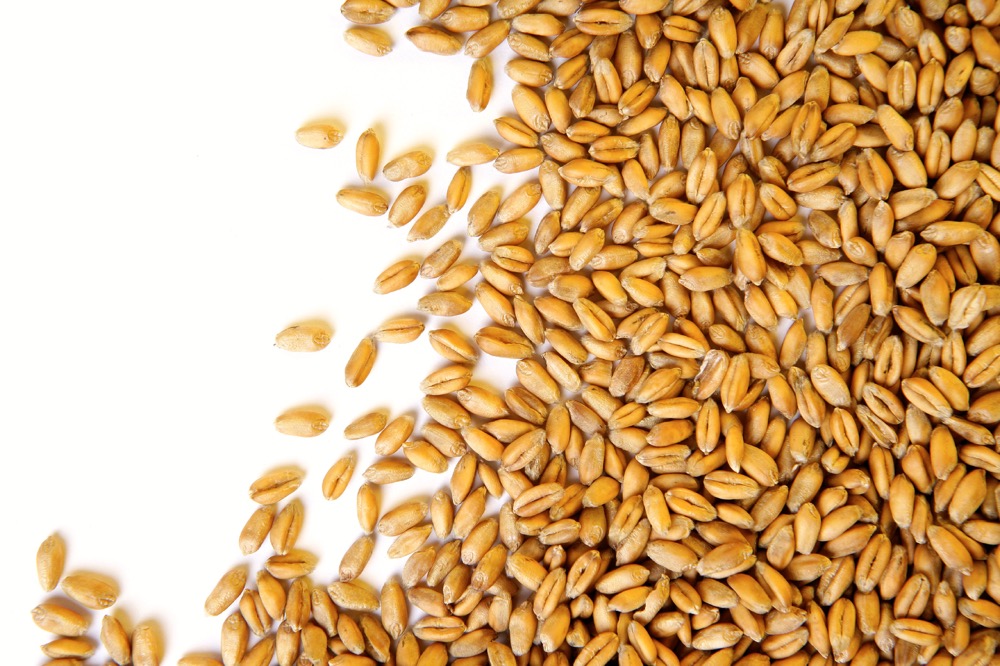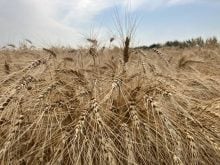MarketsFarm — Tight Canadian barley supplies, due in part to surging export demand, have kept feed grain bids well supported in the Prairies over the past few months.
The cupboards, however, are not quite bare, with weekly Canadian barley exports hitting their second-highest level of the crop-year-to-date.
Canada exported 175,500 tonnes of barley during the week ended Sunday, according to the latest Canadian Grain Commission data. That compares with the average of the previous five weeks of 112,000 tonnes, and represents the largest single-week total since just over 200,000 tonnes were shipped in the last week of October 2020.
Read Also

IGC raises 2025/26 world wheat crop forecast
The International Grains Council has raised its forecast for 2025/26 global wheat production with crop outlooks upgraded for Russia, the United States and Argentina.
Total barley exports of 3.53 million tonnes through week 42 of the current marketing year are roughly double what moved during the same timeframe the previous year. China has been the largest customer, accounting for the bulk of the trade.
Barley stocks in Canada were sitting at 2.81 million tonnes at the end of March, according to Statistics Canada data. With about one million tonnes of exports over the past two months and the domestic livestock sector still chewing away as well, ending stocks could end up even tighter than the already historically-tight 500,000 tonnes forecast by Agriculture and Agri-Food Canada.
Domestic livestock feeders are generally thought to be covered for the time being, and are banking on a large crop in 2021-22 to help replenish those tight stocks. Seeded barley area in the country was up on the year, but weather conditions through the growing season will determine if the supply situation remains tight.
— Phil Franz-Warkentin reports for MarketsFarm from Winnipeg.












